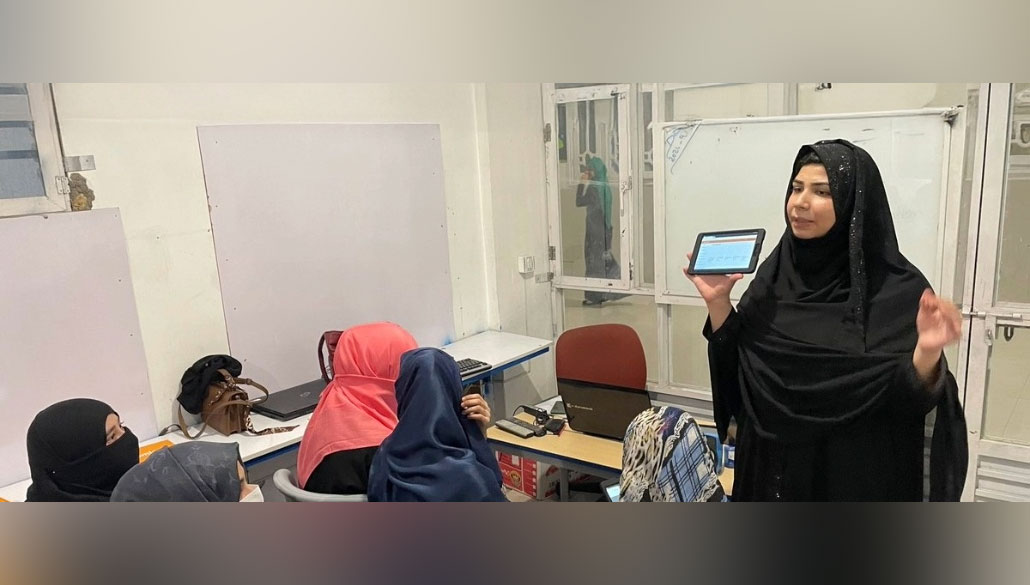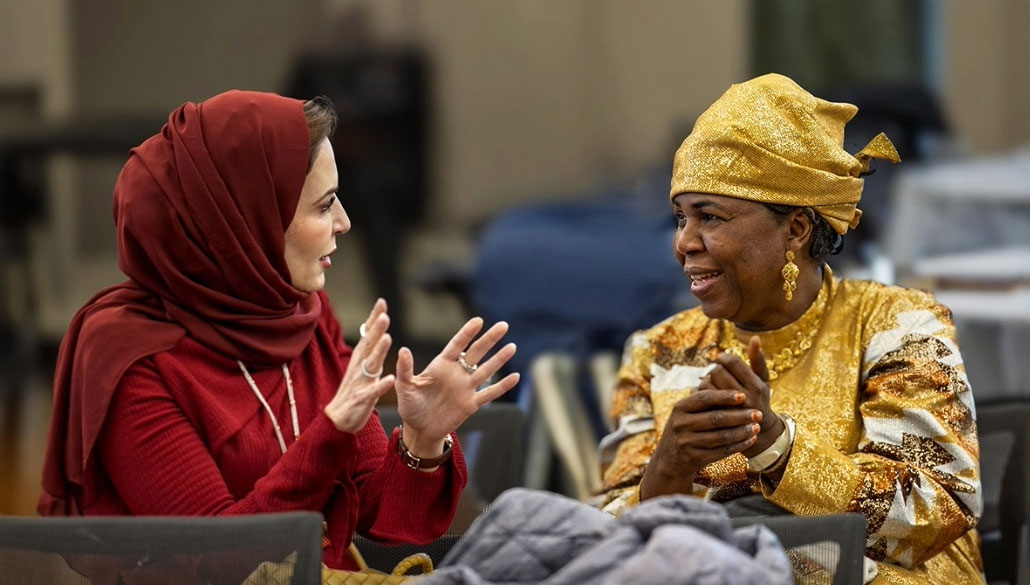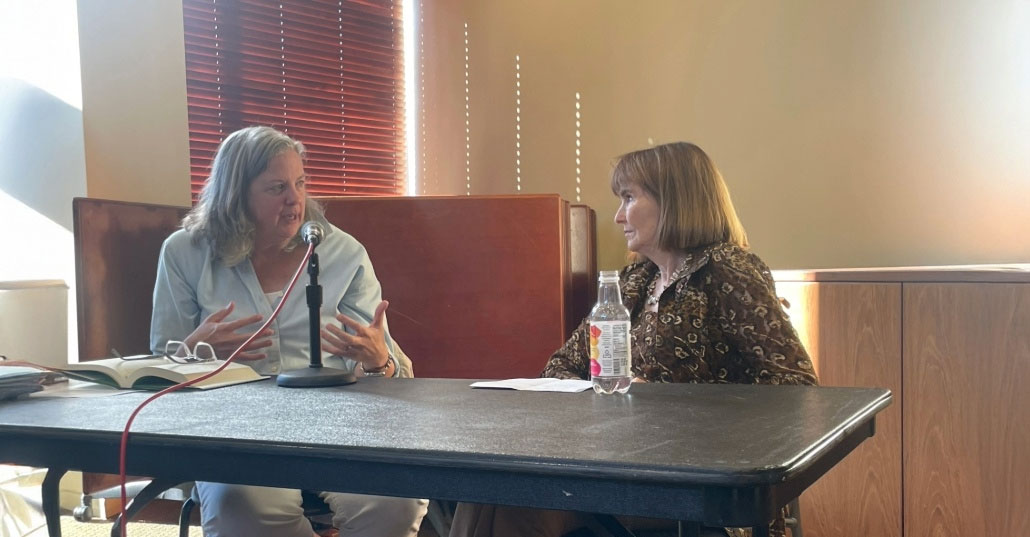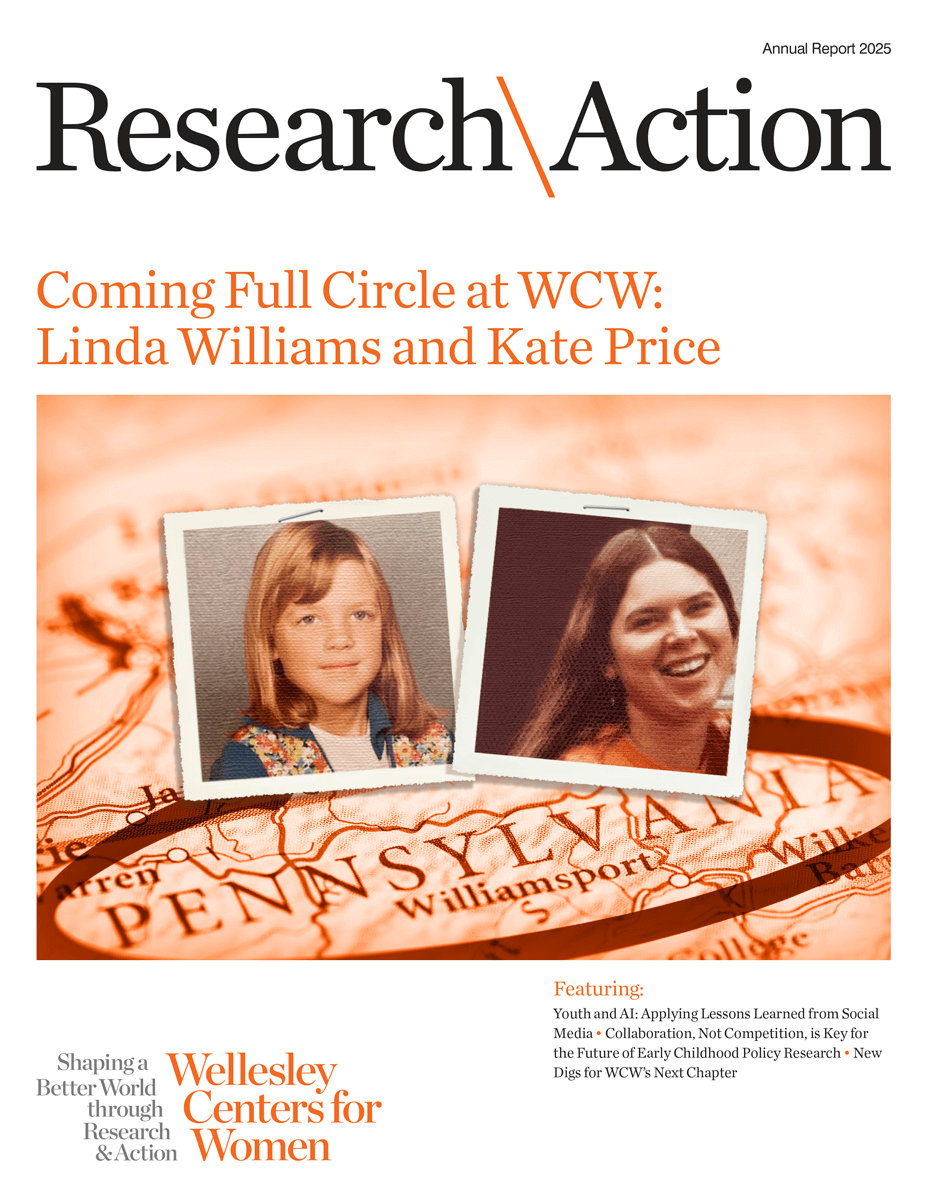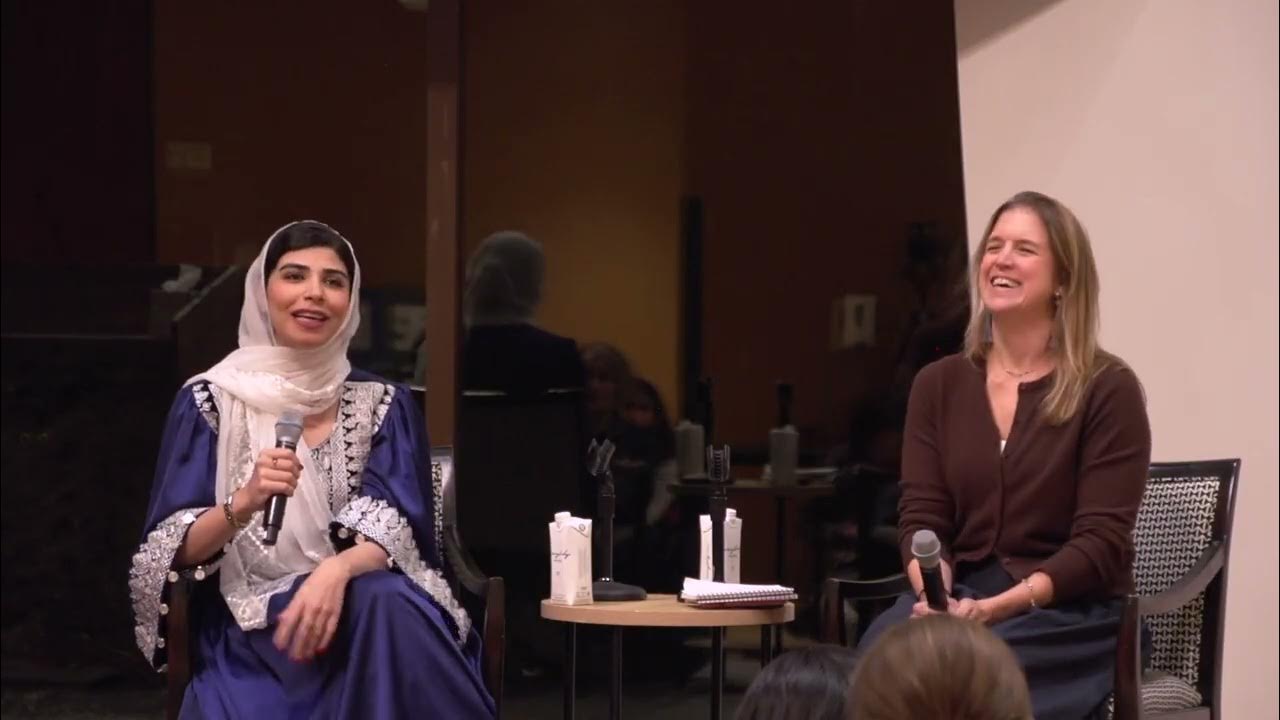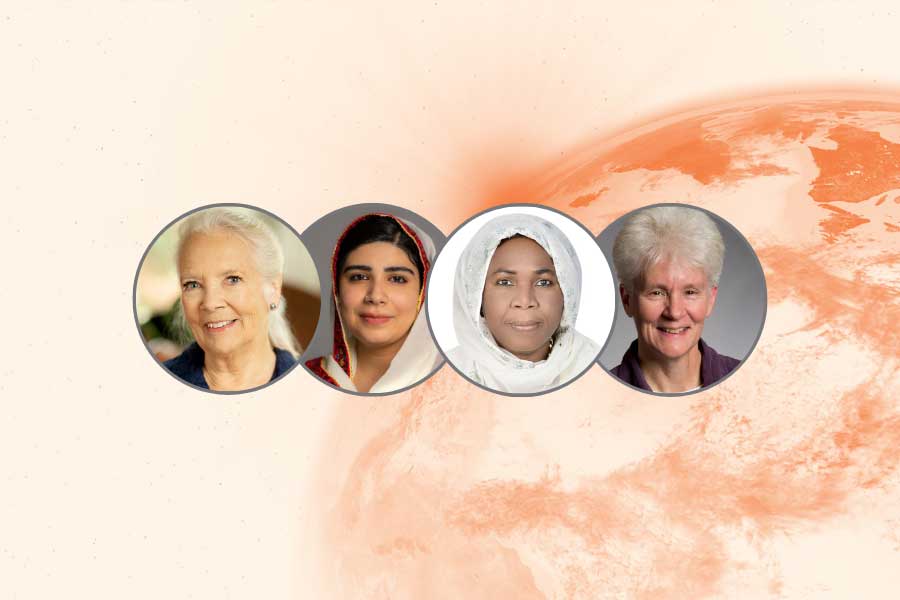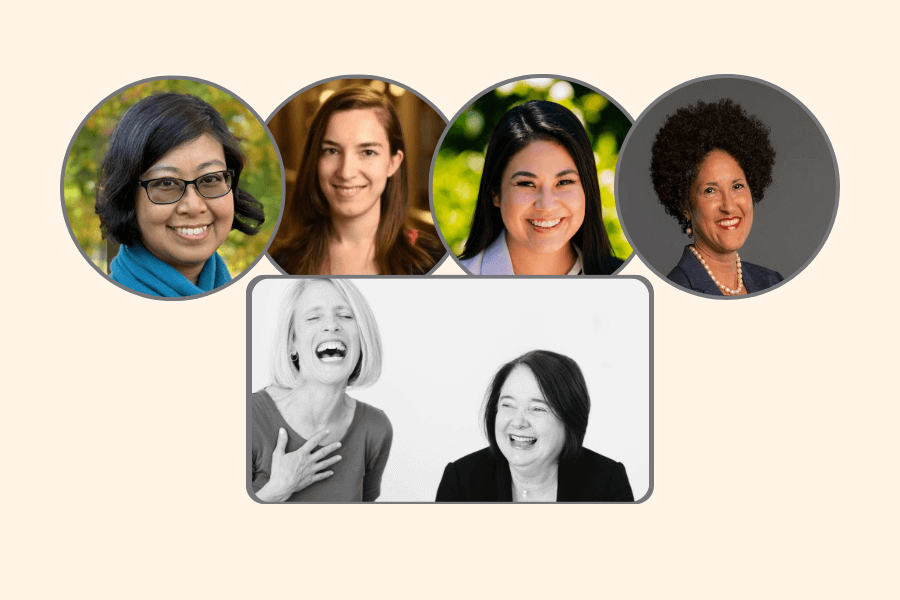By Xujun Eberlein for WOMEN = BOOKS
It was like déjà vu. About one-third into Leslie Chang's Factory Girls, a book I was reviewing for WRB, I found a story about the tragic death of the author's American-educated grandfather, Zhang Shenfu, who had become a leading engineer in China's mining industry in the 1940s. I knew the story. I knew the name. But from where? I didn't know anything about the author before reading her book. I went to check my notes from another project. Sure enough, in an interview with my mother four years ago, she had cited the "Zhang Shenfu Incident" as the earliest trigger of her political career. I’d just started to work on a memoir provisionally titled Letters Lost in Chongqing, researching my parents' youth as Communists also in the 1940s.
On August 9, 1945, the same day the U.S. dropped its second atomic bomb on Japan, the Soviet Union attacked the Japanese army in Northeast China. The entire war of Chinese resistance against Japan ended within a week. Both America and the Soviet Union took the credit.
When Japanese soldiers laid down their arms, the Soviets replaced them as occupiers of Northeast China. But the then-government of China was anxious to regain control of the industry infrastructure there. In January 1946, the Nationalist government in Chongqing (my home city) sent eight engineers, led by Zhang Shenfu, to take over operations at the Fushun Coal Mine. The Soviet occupiers refused to cooperate.
On their way back to the nearby city of Shenyang, all eight men were pulled off their train and brutally killed. A nation was in shock. The Nationalist government accused the Soviets of the murder; the Soviets blamed it on "anti-Soviet forces"; the Chinese Communists blamed it on local thugs. The case was never solved. Today the Chinese Wikipedia has an item for "Zhang Shenfu" plainly stating that he was murdered by the Soviet Red Army. According to Chang’s version of the story in Factory Girls, the Zhang family believed this as well. My mother was a sixteen-year-old student in Chongqing when news broke of Zhang Shenfu's murder. Thousands of angry people took to the streets to protest, my mother among them. She and her fellow students shouted slogans such as “Soviet Union Show Your Conscience!” and “Avenge Martyr Zhang Shenfu!” The demonstration, the first of many against the Soviet occupation, lasted all day.
Six decades later, however, my mother belittled the action and attributed it to her political naïveté. As she recalled, that demonstration also started her distrust of the Nationalist government supporting it.
Because of their political unity with the Soviets, the Chinese Communists took a restrained approach at the time, neither openly opposing nor contributing to the student movement. But the Nationalists used the murder to damage the Communists. The Nationalist officials running my mother’s school required everyone to participate, she told me, threatening to expel those who hung back.
Before the parade, the students were warned to be careful when passing the office of Xinhua Daily, the Communist newspaper, of a possible attack from the Communists. Male students took this warning so seriously that when the parade approached the Xinhua Daily office, they walked on the outer lines to protect their female schoolmates. What my mother saw, however, was the newspaper’s door tightly shut; no one seemed to be inside.
When the students returned to school, they heard that a mob had wrecked the Xinhua Daily office. The Nationalist media blamed angry students; the Communist media blamed the Nationalist secret police. My mother didn’t know which side to believe, but she trusted the student leaders. During a press conference, they firmly denied any role in the destruction. She found a copy of Xinhua Daily and eventually became convinced by its version that Zhang Shenfu had been killed by local thugs.
The nationwide protests apparently did help to speed up the Soviet Army's withdrawal; this began a month-and-a-half later. Meanwhile, the American troops that came to China's aid during the war stayed on. On Christmas Eve of the same year, a female student in Beijing was raped by two U.S. marines. This incident triggered another, larger wave of student demonstrations across China.
This time, my mother was no longer a mere participant. She became a leader and an organizer at her school. She did this because of her "righteous hatred toward injustice and violence," as she proudly put it during my interview. Curiously, she didn’t note her political naïveté here. She was unaware of the heavy involvement of Communists in facilitating this later demonstration, but they were watching her, and she was soon recruited. She became an underground Communist and met my father, another comrade, two years later.
My family's tortuous fate was thus sealed, long before my birth, by the "Zhang Shenfu Incident.” Our path was the opposite of the one followed by Leslie Chang's family. And although many decades have passed, the double nature of student movements in China has never ceased.
Xujun Eberlein is the author of Apologies Forthcoming (2008), a story collection set in China. In 2008, she received the Massachusetts Cultural Council's artist fellowship in fiction/creative nonfiction. She can be reached through her website www.xujuneberlein.com and her blog www.insideoutchina.com.
Read Xujun Eberlein's review of Factory Girls by Leslie Chang in WRB's September/October 2009 issue .

